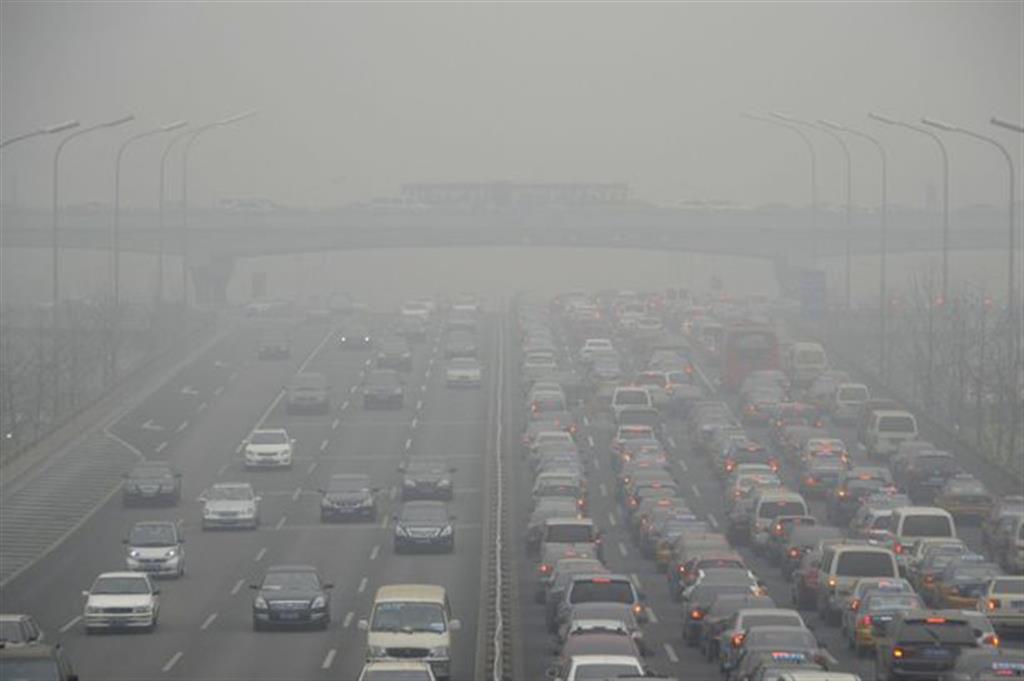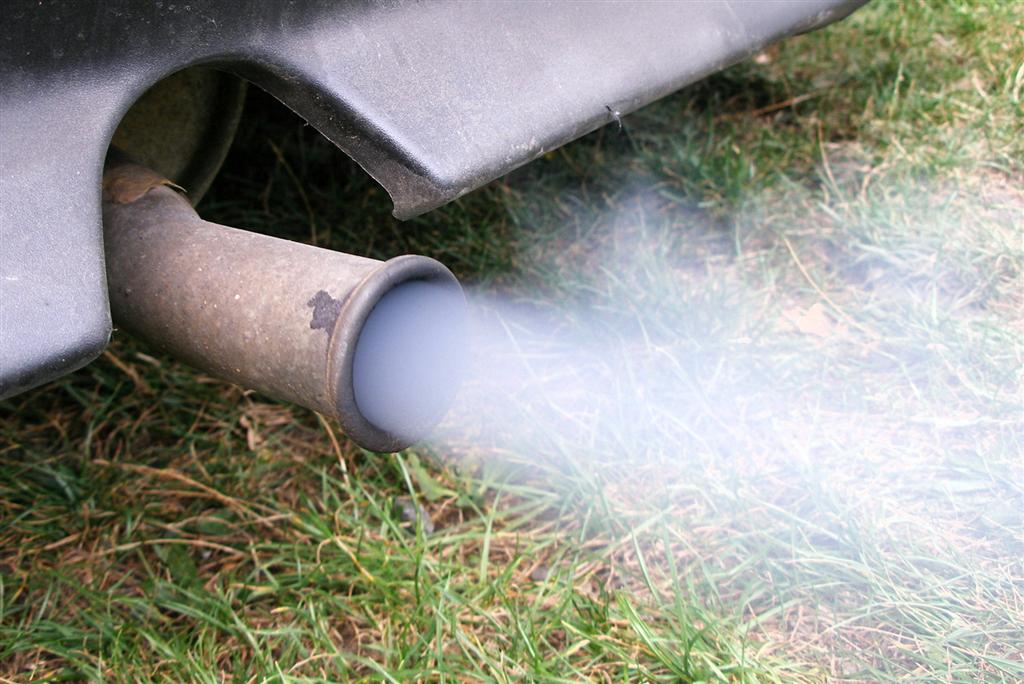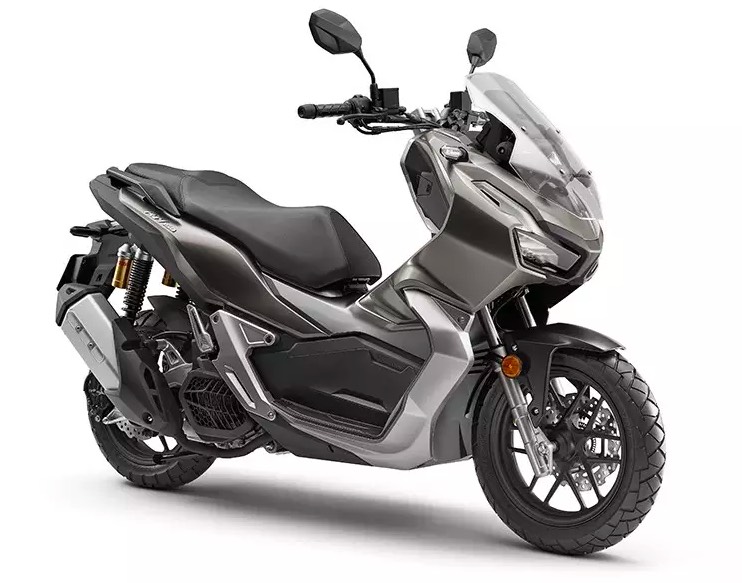High CO2 emitting diesel cars have increased the need to implement Euro 5 norms in India within months instead of almost 5 years later.

The paradigm shift towards the more affordable diesel in the recent years created new hassles for the environment. With the explosion of diesel cars on Indian roads, it comes as a no surprise that the capital Delhi is not breathable due to excessive pollution. The scenario however is no different in other parts of the country as well. With diesel powered vehicles contributing ten times more particulate matter (PM) than a petrol vehicle in the air, the need for lower emissions is at an all-time high. This has to do with old diesel cars and not the latest ones which are Euro IV or BSIV.
While we do have the Bharat Stage 4 (BSIV) norms in major cities and BSIII in smaller cities and towns to keep the emission levels in check, the norms are pretty much as outdated as the concept of safety on Indian roads. Modelled around the Euro emission norms, Europe had upgraded to Euro 5 emission norms back in 2009 and will soon upgrade once again to Euro 6 norms. In contrast, India plans to enable the BSV emission norms by 2020, which is an absolutely ridiculous difference of more than a decade.
With pollution levels rising rapidly across major metros, India needs to upgrade to BS V emission norms at the earliest. Euro 5 emission norms will ensure a mandatory reduction in the sulphur content of diesel sold in the country that currently stands at 50 PPM for BS IV cities and 350 PPM for BS III cities. The installation of diesel particulate filters in vehicles will also be required under the Euro 5 norms that cut PM 2.5 emissions by more than 85 percent. Manufacturers should also be given time to ensure vehicles are updated with low CO2 emitting engines, especially on older models.
Europe has mandated diesel particulate filters (DPF) across all diesel cars sold and is much needed on Indian cars as well. What the major hindrance though is the cost of the vehicle that will escalate by Rs. 1 lakh with the inclusion of this filter. However, with the alarming levels of pollution caused by the vehicles, it is a price customers will have to pay in the long run. The adoption of Euro 5 norms also asks for reduction of sulphur content in the diesel supplied. This means that oil refineries have to be asked specifically to reduce sulphur content in the fuel. While there is no demand for reduced sulphur content in diesel at present, mandating Euro 5 norms will make sure that this fuel is supplied, while maintaining regular supply will also be required.
On a grass root level, the government also needs to curb adulteration practices carried out by the mafia that is one of the major reasons for high emission in vehicles. It makes little or no sense to drive cars if breathing itself becomes a major issue. It is a given that BSIV is outdated and enabling Euro 5 by 2020 renders the concept of low emissions useless.





